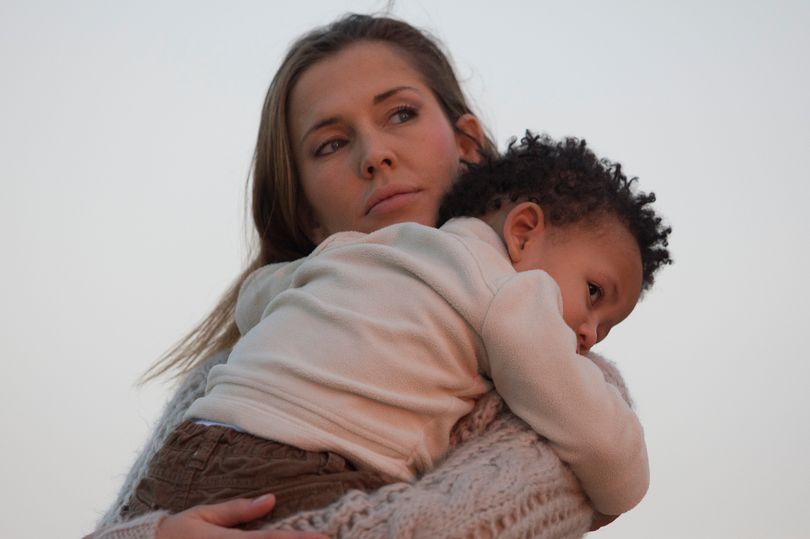Covid has drawn attention to the health inequalities which have plagued women and children for years. But a new approach is emerging to change the outdated paternalistic views which are sadly still current.
Things need to change because women’s and children’s health is essential to the Covid-19 recovery of us all.
Scientists and politicians alike have long neglected the health and wellbeing of women and children, but the pandemic demands new ways of behaving and working.
Neena Modi, of Imperial College, London, and Mark Hanson, of Southampton University, emphasise the harms we’ve done and the need for a strategy to target the health and wellbeing of women and children.
Children born premature, or to an underweight, overweight or diabetic mother have a 1.5 – six times higher risk of developing medical conditions in adult life than babies born full-term or to a healthy mother.
It’s an increasing problem as globally, pre-term birth rates range from 5-15% and are rising; approximately 10% of full-term babies are underweight; and 50% of pregnant women are overweight or obese, with the result that about half of all babies are at risk of ill health from infancy.
Furthermore, a child born full-term in the most deprived areas has the same chance of having speech and language problems as an extremely premature baby in well-to-do areas. We’re already seeing the consequences of a poor start in life, with life expectancy in the United States now falling.
As Modi and Hanson say, our early health programmes us for life.
However, the health and wellbeing of women and children is being neglected, with a focus on treatments rather than on their future health.
Children have really suffered and could become a “lost Covid generation”, leading UNICEF to publish a six-point plan for government action to avert such a disaster.
As I’ve pointed out before, pregnant and breast-feeding women, and children, weren’t included in Covid-19 vaccine trials, so initially these women weren’t especially encouraged to get vaccinated until after their exclusion was rectified.
We’ve also ignored women who form the larger part of the healthcare workforce, so the failure to include them in research may bring problems in the future.
Putting women and children first seems a no-brainer to me, if only because no population can be healthy if women and children aren’t.
How can we ignore the human rights of women and children? And how can we have a healthy economy if half the population is unhealthy?

